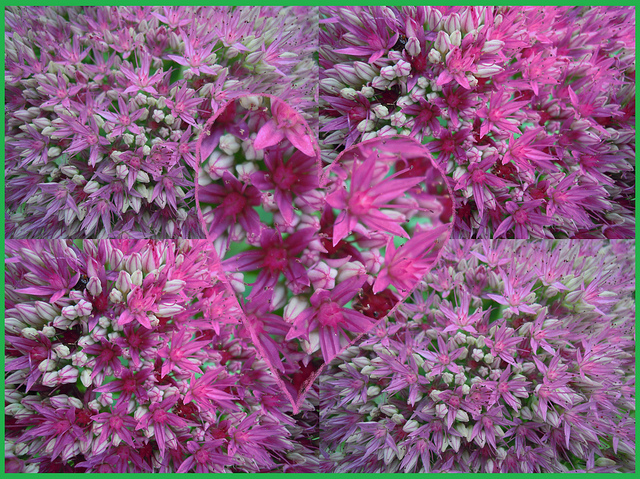
If you are in a relationship, I’d highly recommend that you get your hands on a copy of this Best Seller by Gary Chapman. In his book, Chapman explores how we tend to express love in our relationships. Following many years of relationship counselling, Chapman started to notice that there tended to be different “dialects” of love, rather than one universal expression of it.
He was able to identify 5 expressions of love which he named as follows:
- Words of Affirmation – where you tend to verbally affirm and give compliments to your partner
- Acts of Service – where you regularly do things, complete jobs or provide for your partner
- Physical Touch – where you enjoy affection and often look for opportunities to share physical touch with your partner to express your love for them
- Quality Time – where you like to prioritise spending time with your partner doing various activities together
- Gift Giving – where you enjoy presenting your partner with gifts to express your love and appreciation for them
Chapman explains in his book that we all tend to have a dominant expression of the Five Love Languages described above. We will repetitively use this expression of love to try and show our partner that we care for them.
Conflict can arise when each partner is speaking a different “language”. For example, one partner may speak the “Gift Giving” language and regularly find opportunities to shower their partner with gifts as a sign of their appreciation for them. They may expect their partner to do the same thing in return and experience disappointment when gifts are not reciprocated. Often they have not realised that their partner may be using completely different means to express their love. Instead of thinking about possible gifts they could give to their partner in return, they have been looking for various opportunities to verbally compliment their partner with “Words of Affirmation” as a way of demonstrating how much they adore them.
I’ve found through my experience as a Psychologist and Couples Counsellor that referencing Chapman’s Five Languages of Love concept can open up understanding and clarity in regards to how one’s partner could be going about expressing their love,which was potentially going unnoticed.
I remember working with a couple where one person reported being so frustrated that their hard work (taking out the garbage bins, mowing the lawns, repairing the house, washing the car) was going reportedly unnoticed by their spouse. Meanwhile their spouse reported being so frustrated that their partner was doing jobs all weekend and “never spending time with them”, often retorting that they were too busy to go out for lunch or too tired to watch a movie on a Saturday night. Referencing Chapman’s Five Love Languages led to a realisation for each person that their partner was not actually neglecting them as initially perceived, but were in fact trying to demonstrate a caring for the other. Overtime, this particular couple made an effort to acknowledge their partner’s expression of love and also learnt to adjust their dominant love language in attempts to ensure that their spouse’s needs were being met.
If you are interested in finding out your “Love Language”, Gary Chapman’s Website has some free, introductory questionnaires that you can complete online to identify the Love Language that you identify with most – 5 Love Languages. You can then encourage your partner to do the same as a way of checking whether you are speaking the same language or a different “dialect” altogether.
Couples Counselling can be a great way to explore this concept in more depth with your partner, particularly if you would like to understand your partner’s way of communicating their love for you, how you can adjust your own expression of love to make sure your meeting your partner’s needs and to try and improve your overall relationship satisfaction further. Please feel free to contact Attuned Psychology to enquire further about Relationship Counselling if this is of interest for you.
Sarah Davies
Psychologist
Subscribe to our newsletter Attuned Life
Would you be interested in receiving our occasional newsletter, event information and other useful tips via e-mail?

